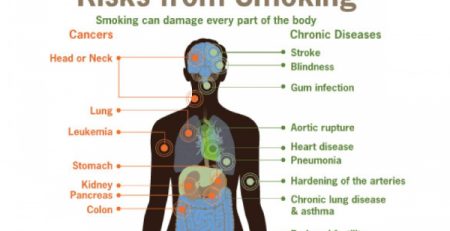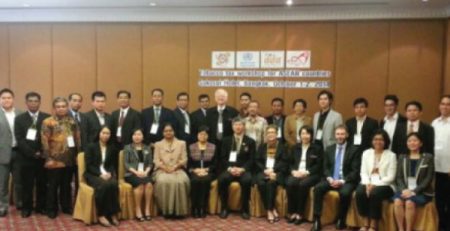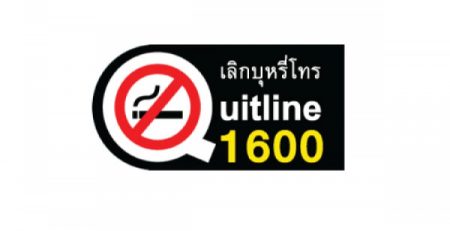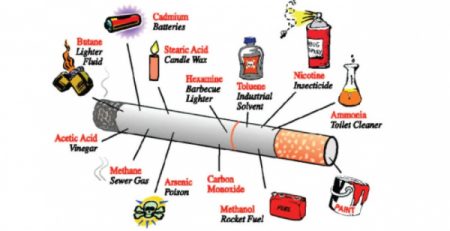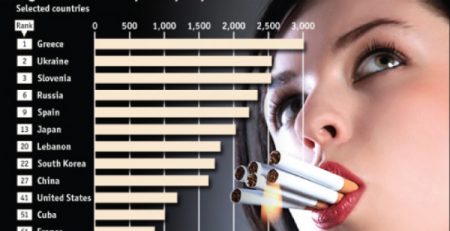The meeting of knowledge management for driving tobacco control in schools project Starting
The meeting of knowledge management for driving tobacco control in schools project Starting Date: 4 January 2012 Time: 13:30 Ending Date: 4 January 2012 Time: 16:30
Venue: Room 7203, Faculty of Public Health, Mahidol University Total Participants: 14 people Host: Tobacco Control Research and Knowledge Management Center (TRC) Taking the Meeting Minutes: meeting: Miss Saratanee Khumkaew Proof Read Meeting Minutes: Asst. Pfof. Sunida Preechawong Latest Updated: 13 February 2012
Activity Details:
- The purpose of the meeting of knowledge management for driving tobacco control in schools. As a result of the project meeting held on 30 September 2011, meeting conclusions were: (1) to require the Non-smoking campaign teacher network to exchange previous knowledge on tobacco control in school activities with each other, and (2) to propose a budget spending proposal (draft) 2012 to the Office of the Permanent Secretary. This budget spending proposal proposes funding for research planning. Moreover, new knowledge for tobacco control in schools was presented at this meeting and also research questions were developed in this area.
- To propose budget indictors 2012 (draft) for the Bureau of Special Affairs, the Office of the Permanent Secretary with the title, Smoke – free school policyin order to announce the policy of tobacco control in schools. The indicators indicating the success of driving tobacco control in schools were presented in 5 steps as follows: (1) Study contents, exchange knowledge, research for driving tobacco control in schools and to issue reports to the executive of the Ministry of Education, (2) Disseminate/publish smoke – free school announcement covering all areas of primary schools (or Phatom schools) and secondary schools (Mattayom schools) in Thailand, (3) Submit a meeting report of the committee and tobacco control working team, Department of Disease Control, Ministry of Public Health, (4) Hold additional committee meetings for driving tobacco control in schools in order to consider the direction of tobacco control in schools, and (5) Present knowledge management for driving tobacco control in schools to the Minister of the Ministry of Education to issue the smoke – free school policy.
- To exchange previous knowledge among the Non-smoking campaign teacher network including all activities established during 2011-2012 This knowledge exchange was described as: (1) Indicating the result of driving smoke – free schools in Bangkok districts and 4 pilot provinces (Chiangmai, Khonkeang, Songkha and Chonburi), (2) Training and development of effective speakers for smoke – free schools, (3) Developing of the capability for being teacher leaders in pilot schools, (4) Developing studentsabilities to be leaders as Seniors guide Juniors, and (6) Developing media such as updated teacher manuals, issuing Power Point presentations on cigarette smoking, operating smoke – free schools, developing smoke – free school websites and establishing the non-smoking campaign teacher network and Face book for smoke – free schools.
- The research questions needing answers were classified into 2 categories:
1) Preventing cigarette smoking:
- What should be done to establish effective campaign activities for smoke – free schools in private schoolsWhat are the models and methods to be used
- Does culture and religion influence non – smoking in adolescentsHow
- Do social networks influence attitudes and behaviors about non-smoking in the adolescentHow
- What types of activities in schools are effective in smoking prevention in schools
- What types of teaching methods involving tobacco control in schools are influential in changing attitudes and behaviors about non-smoking by students
- What measures should be adopted in order to deal with tobacco product retailers selling tobacco in areas near schools
2) Encouragement and help to quit smoking:
- What is the situation of adolescents smoking in vocational schools
- What are persuasive factors supporting teacherscollaboration, school staff to drive smoking prevention in school activities and smoking cessation services
- How should the family be involved with schools in encouraging quitting smoking by adolescentsHow can family factors be applied
- How does the social network play a role in encouraging quitting smoking among adolescents
- What should be for the awareness of staff at different levels in the school to prevent smoking in school/encourage quitting smokingWhat are the best methods in building awareness and encouragement for collaboration among teachers
- What are the opinions of adolescents and teachers about Corporate Social Responsibility (CSR) activities of the tobacco company
Areas that would benefit through results of this research include: How satisfied do mothers/parents feel about tobacco control in school activities when comparing tobacco control schools with schools without those activities



